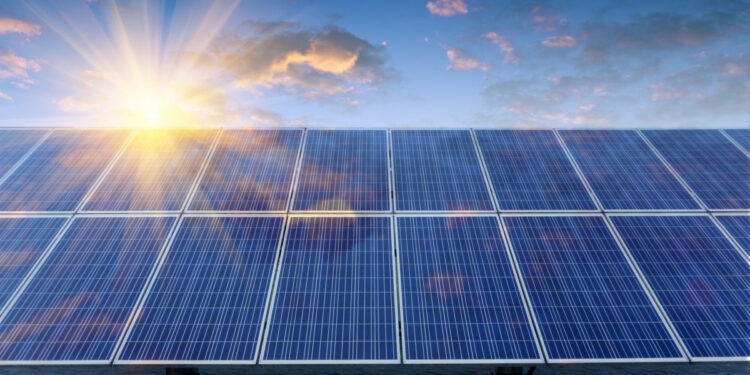In a major development for the renewable energy sector in Pakistan, the prices of solar panels and lithium batteries have experienced a significant decline, making clean energy solutions more accessible and affordable. This price reduction is attributed to factors such as cooler weather, stabilized global supply chains, and effective government policies aimed at tackling inflation and boosting the green energy transition.
20% Drop in Lithium Battery Prices
The cost of lithium batteries, crucial for energy storage in solar systems, has dropped by around 20%. The price has fallen from Rs400,000 to Rs380,000, making solar energy systems more affordable for residential and commercial users. Alongside lithium batteries, tubular batteries, another commonly used energy storage solution, have also seen a significant reduction in price. The cost of tubular batteries has decreased by Rs15,000, from Rs70,000 to Rs55,000, further encouraging the adoption of solar power.
Solar Panel Prices at Historic Lows
The price of solar panels has also reached record lows in Pakistan, with the cost per watt now averaging Rs28. Industry analysts attribute this price reduction to the improvement of global supply chains and domestic economic adjustments. Experts predict that further declines in solar panel prices are likely in the coming months, making solar energy an even more attractive and cost-effective alternative to traditional energy sources.
Increased Adoption of Solar Energy in Pakistan
With the continued decline in solar equipment prices, Pakistan is expected to see a significant increase in the adoption of solar energy. More households and businesses can now afford to install solar power systems, reducing their dependence on costly grid electricity and fossil fuels. This shift is in line with the country’s long-term goals to reduce carbon emissions and improve energy sustainability.
Record Solar Imports and Growing Demand
In a related development, Federal Minister for Energy, Owais Laghari, revealed that Pakistan imported 8,000 megawatts of solar panels in the past year. This import volume is equivalent to about 30-35% of the electricity output from China’s Three Gorges Dam, the world’s largest hydropower project. This remarkable growth in solar imports highlights the increasing demand for solar energy solutions in Pakistan and the country’s commitment to adopting renewable energy.
Shift Toward Local Solar Manufacturing
As the renewable energy market in Pakistan continues to expand, several companies are exploring opportunities to establish local manufacturing plants for solar inverters and other components. This shift toward domestic production is expected to further strengthen Pakistan’s solar energy sector, reduce the nation’s dependency on imports, and create valuable job opportunities. By investing in local manufacturing, Pakistan can develop a self-sustaining renewable energy ecosystem that meets the growing demand for solar power.
The Future of Solar Energy in Pakistan
The recent price reductions in solar panels and batteries signal a promising future for sustainable energy in Pakistan. As solar energy systems become more affordable, they are set to become the preferred energy choice for both households and industries. This shift will not only reduce the nation’s reliance on traditional energy sources but also contribute to a greener, more energy-independent future.
With continued price reductions and the expansion of local manufacturing, Pakistan is well on its way to establishing itself as a leader in renewable energy adoption, paving the way for a more sustainable and economically viable energy future for its citizens.
As solar energy becomes increasingly affordable and accessible, Pakistan’s transition to clean, renewable energy is gaining momentum, and the country is positioning itself for a greener, more self-sufficient energy future.








